
United Nations Security Council resolution 1591, adopted on 29 March 2005, after recalling resolutions 1547 (2004), 1556 (2004), 1564 (2004), 1574 (2004), 1585 (2005), 1588 (2005) and 1590 (2005) on the situation in Sudan, the council placed a travel ban and asset freeze on those "impeding the peace process" in Darfur.

United Nations Security Council Resolution 42, adopted on March 5, 1948, called upon the permanent members of the Council to consult and inform it regarding the situation in Palestine and to make recommendations to the United Nations Palestine Commission. The Resolution also appealed to all governments and peoples, particularly those around Palestine to aid the situation in any way possible.
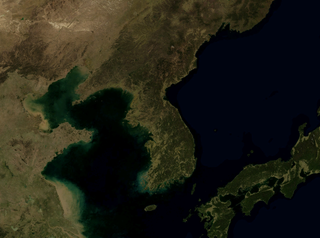
Resolution 82 was adopted by the United Nations Security Council (UNSC) on 25 June 1950. It condemned the "armed attack on the Republic of Korea by forces from North Korea", while calling for "the immediate cessation of hostilities" and for "the authorities in North Korea to withdraw forthwith their armed forces to the 38th parallel". The measure was adopted with 9 voting for, none opposed, and one abstention by Yugoslavia. The Soviet Union was absent, as it was boycotting the UN at the time for its recognition of the Republic of China as China's representative to the organization.
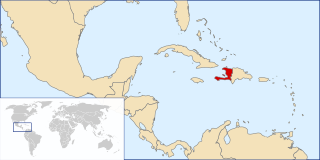
United Nations Security Council Resolution 841, adopted unanimously on 16 June 1993, after recognising the need for an urgent settlement to the situation in Haiti and the efforts of the Secretary-General of the United Nations Boutros Boutros-Ghali and the Secretary General of the Organization of American States João Clemente Baena Soares, the Council placed various international sanctions on Haiti.

United Nations Security Council resolution 864, adopted unanimously on 15 September 1993, after reaffirming resolutions 696 (1991), 747 (1992), 785 (1992), 793 (1992), 804 (1993), 811 (1993), 823 (1993), 834 (1993) and 851 (1993), the Council noted the continuing situation in Angola and went on to condemn and place international sanctions on UNITA.
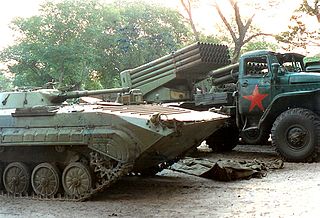
United Nations Security Council resolution 922, adopted unanimously on 31 May 1994, after reaffirming Resolution 696 (1991) and all subsequent resolutions on Angola, the council discussed the peace process during the civil war and extended the mandate of the United Nations Angola Verification Mission II until 30 June 1994.

United Nations Security Council resolution 933, adopted unanimously on 30 June 1994, after recalling resolutions 841 (1993), 861 (1993), 862 (1993), 867 (1993), 873 (1993), 875 (1993), 905 (1994) and 917 (1994), the Council noted the deteriorating situation in Haiti and extended the mandate of the United Nations Mission in Haiti (UNMIH) until 31 July 1994.
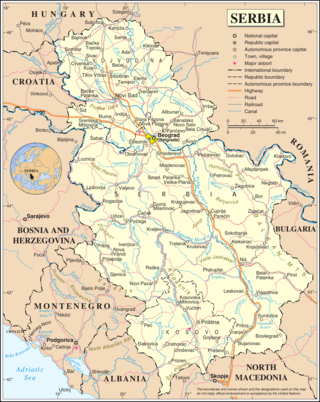
United Nations Security Council resolution 970, adopted on 12 January 1995, after reaffirming all resolutions on the situation in Bosnia and Herzegovina in particular Resolution 943 (1994) concerning the border closure between the Federal Republic of Yugoslavia and Bosnia and Herzegovina, the Council decided that measures in that resolution would be suspended for a further period of 100 days.

United Nations Security Council resolution 1059, adopted unanimously on 31 May 1996, after recalling all resolutions on the situation in Liberia, particularly Resolution 1041 (1996), the Council extended the mandate of the United Nations Observer Mission in Liberia (UNOMIL) until 31 August 1996 and discussed the security situation in the country.

United Nations Security Council resolution 1132, adopted on 8 October 1997, after expressing concern at the situation in Sierra Leone, the council, acting under Chapter VII of the United Nations Charter, imposed an oil and arms embargo on the country.
United Nations Security Council resolution 1199, adopted on 23 September 1998, after recalling Resolution 1160 (1998), the Council demanded that the Albanian and Yugoslav parties in Kosovo end hostilities and observe a ceasefire.
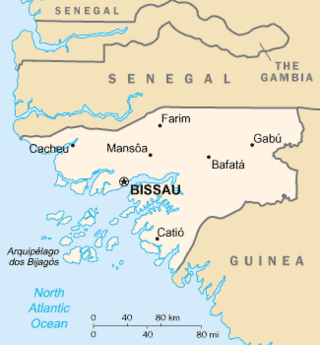
United Nations Security Council resolution 1216 was adopted unanimously on 21 December 1998. After expressing concern at the crisis and humanitarian situation in Guinea-Bissau, the Council called for the immediate establishment of a government of national unity in the National People's Assembly and the holding of elections by the end of March 1999.

United Nations Security Council resolution 1458, adopted unanimously on 28 January 2003, after reaffirming Resolution 1408 (2002) on the situation in Liberia, and recognising the importance of implementing Resolution 1343 (2001), the Council re-established an expert panel to monitor the implementation of sanctions against the Liberian government including an arms embargo, travel ban for officials, and prohibitions on the import of its rough diamonds.

United Nations Security Council Resolution 1938, adopted unanimously on September 15, 2010, after recalling previous resolutions on the situation in Liberia, including resolutions 1509 (2003), 1626 (2005), 1836 (2005) and 1885 (2009), the Council extended the mandate of the United Nations Mission in Liberia (UNMIL) for a further twelve months until September 30, 2011 and required it to provide electoral assistance.

United Nations Security Council resolution 1584, adopted unanimously on 1 February 2005, after recalling resolutions 1528 (2004) and 1572 (2004) on the situation in Côte d'Ivoire, the council, acting under Chapter VII of the United Nations Charter, strengthened an arms embargo against the country.
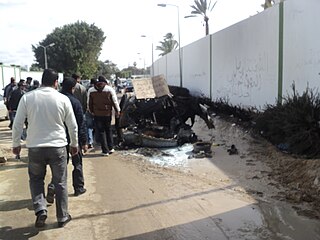
United Nations Security Council Resolution 1970 was a measure adopted unanimously by the UN Security Council on 26 February 2011. It condemned the use of lethal force by the government of Muammar Gaddafi against protesters participating in the Libyan Civil War, and imposed a series of international sanctions in response.

Resolution 1973 was adopted by the United Nations Security Council on 17 March 2011 in response to the First Libyan Civil War. The resolution formed the legal basis for military intervention in the Libyan Civil War, demanding "an immediate ceasefire" and authorizing the international community to establish a no-fly zone and to use all means necessary short of foreign occupation to protect civilians.

United Nations Security Council Resolution 1727, adopted unanimously on December 15, 2006, after recalling previous resolutions on the situation in Côte d'Ivoire, the Council renewed an arms and diamond embargo on the country until October 31, 2007.
United Nations Security Council Resolution 1739 was unanimously adopted on 10 January 2007.
United Nations Security Council Resolution 1867 was unanimously adopted on 26 February 2009.

















